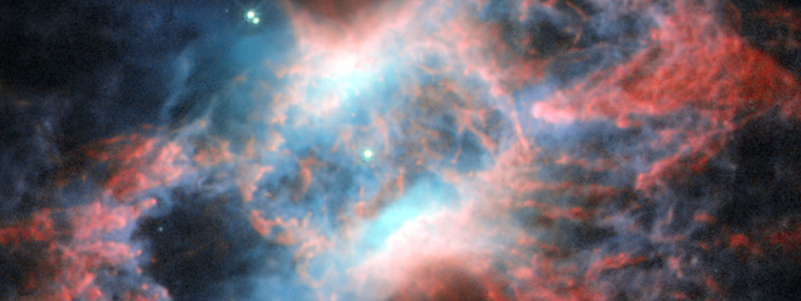
- This event has passed.
First Friday: Lifecycle of the Stars


Friday, July 7
6-10 p.m.
$15 adults, $10 kids/seniors, and $5 members.
All ages, family-friendly
Join us for an evening of learning about the stellar processes that have shaped the evolution of galaxies and planetary systems as we explore the birth of stars.
Stars are born within the clouds of dust scattered throughout galaxies. From nebulas to supernovas and all the stages in between, you’ll learn about the stars of the summer sky, how they are formed and evolve over their lifecycle.
Spend an evening that the whole family will enjoy with programs that include conversations with our expert astronomers, demonstrations on ultra-violet light and star formation, and hands-on activities like solar system bracelets, star life cycle crafts and more!
Star Life Cycle Bracelets
Lab 1
6:00pm – 9:00pm
Did you know that stars have a life cycle, just like animals, plants and even you?! Head to Lab 1 to create your own beautiful bead bracelet representing different star life stages like stellar nebula, red giants, black holes and more!
Star Demos
with Galaxy Explorers
Mezzanine
6:00pm – 9:00pm
Join our teen volunteers to learn about the science of stars in a series of up-close science demonstrations.
Spectra Cart
with Galaxy Explorers
Studio 2
6:00pm – 9:00pm
What are rainbows? How do astronomers identify distant gases in stars, nebulae, and exoplanet atmospheres? The answer to both these questions is spectra! Look at different light sources with a special tool to split their light into different colors. You may find that not all rainbows are the same.
Passport to the Universe Show
Planetarium
6:30pm
(19 min) Narrated by Tom Hanks, in “Passport to the Universe” you can fly beneath the rings of Saturn, into the heart of the Orion Nebula, and out into the vastness of space to experience stunning cosmic destinations as never before possible.
Starstruck by Supernovae
with Sarafina Nance
Theatre
6:30pm
At the end of their lives, massive stars explode in spectacular, energetic explosions known as supernovae. These explosions can outshine entire galaxies, and directly shape the composition and evolution of our universe. In this talk, I will introduce the concept of supernovae and discuss their stellar life cycles, how they explode, and what they can tell us about fundamental aspects of our cosmos, like the expanding universe.
Sarafina Nance [2 BSc (Hons), MSc, Ph.D (candidate)] is an NSF graduate research fellow, astrophysics Ph.D candidate, and Forbes 30 Under 30: Science 2022 honoree specializing in supernovae and cosmology. She spent time researching at the Center for Astrophysics at Harvard through an NSF-funded summer program, holds dual bachelor’s degrees in physics and in astronomy as a Dean’s Honored Graduate from The University of Texas at Austin, completed a masters in astronomy at UC Berkeley, and is currently there working towards her Ph.D. She is also a passionate women’s health advocate and science communicator.
Star Classification Workshop
Classrooms 3 & 4
7:00pm
Join Chabot educators for an exciting hands-on workshop and learn how scientists use different observation methods to determine the characteristics of stars (size, age, temperature, and more!).
“Starstruck” Book Signing with Sarafina Nance
Rotunda
7:30pm
Head to the Rotunda for your chance to get a copy of Starstruck signed by Sarafina Nance!
Telescopes Makers Workshop
with the Eastbay Astronomical Society
Lab 2
7:30pm
Open to all ages, the Telescope Makers’ Workshop is an all-volunteer group committed to helping people build their own telescopes. Drop in to see what they are up to.
The Eastbay Astronomical Society serves Bay Area residents and astronomy enthusiasts with events, classes, and Oakland’s premier views of the universe.
Live Zeiss Show
with the Eastbay Astronomical Society
Planetarium
7:30pm
Explore the cosmos as a Chabot Astronomer leads you through the galaxy using a Zeiss Universarium Mark VIII Star Projector.
Light Lab Live Science Show
Theatre
8:30pm
Light is all around us, even when it is unseen! In this lab, the nature of light is uncovered to further understanding of what light is, where it comes from, and how the electromagnetic spectrum can reveal the invisible universe through a series of illuminating demonstrations.
Sunstruck
Planetarium
9:00pm
(21 min) Explore the sun in all its glory in this full dome show. Sunstruck takes us on a journey to discover the wonders of our magnificent sun and investigate how our star has supported life on Earth for millennia. This program includes information on the structure of our sun, the source of its energy, and how solar activity impacts our world.




